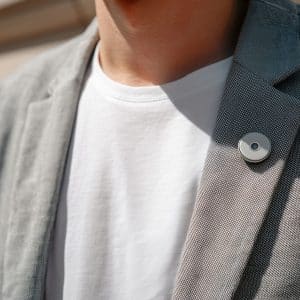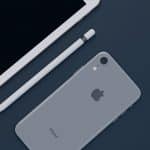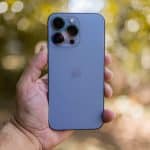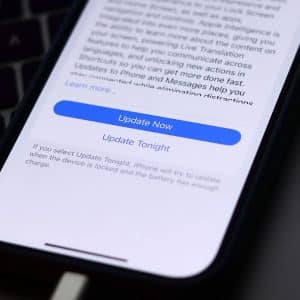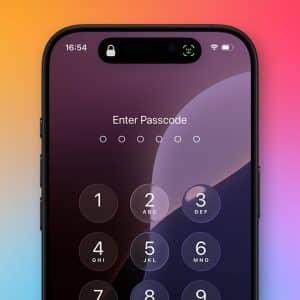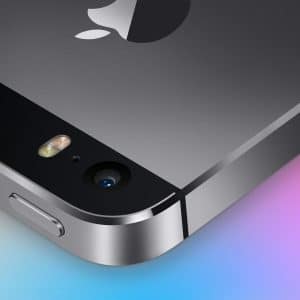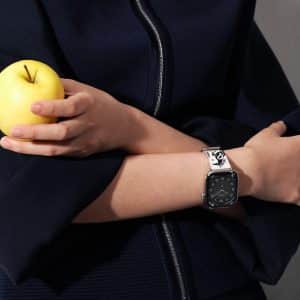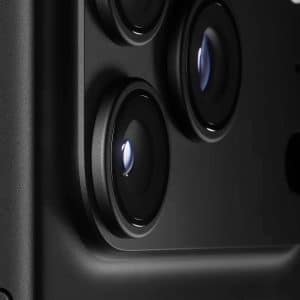Depression is a very real problem. The physical and mental fitness site pazziperilfitness reports that over five percent of people in Italy suffer from depression. This number is even higher for other European Union countries, with 17 percent of Germans and 21 percent of French reporting bouts of depression.
As such, it is only fitting that Apple is reportedly working on research to see if health data collected by an iPhone could be used to detect signs of mental health issues such as depression and cognitive decline. The Wall Street Journal has reported that the tech giant has partnered with Biogen and UCLA to conduct research into sensory data such as typing metrics, speech patterns, and facial expressions — all metrics that could potentially be used to make a diagnosis.

In keeping with Apple’s privacy policy, the diagnosis would happen on the phone itself without being passed onto the company. Even now, Apple protects all health records by keeping them on individual phones rather than its servers. And while this new technology may not appear on your next iPhone just yet, Apple and its partners are optimistic about its future potential.
Unlike Apple’s mental health features for its smartwatch, the iPhone research is still at very early stages. According to a number of academic studies, people with mental health conditions tend to use their gadgets in a specific way. However, it is still uncertain how soon the appropriate algorithms can be developed to detect these conditions.

Apple’s partner UCLA has already started its research into signs of mental health issues by tracking iPhone and Apple Watch statistics from 150 users. Starting this year, this number is set to increase to 3,000. UCLA’s researchers keep track of watch data that relates to vital signs, movement, and sleep as well as the information registered by iPhone camera, keyboard, and audio sensors. Some of this data includes sleep patterns, facial expressions, speech patterns, walking pace, speed of typing, as well as heart and respiratory rates.
This information will be compared to questionnaires about each participant’s state of mind and their level of the stress hormone cortisol. If the data is found to correlate, the iPhone signals may one day be used to develop an app that will be able to warn people that they are at risk and should seek appropriate help.

Biogen and Apple are collaborating on research about how the iPhone and Apple Watch could keep tabs on cognitive function and identify cognitive impairments such as Alzheimer’s at its early stages. The study will involve 20,000 participants, half at a high risk of cognitive impairment.


